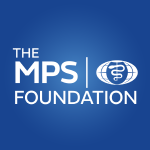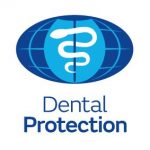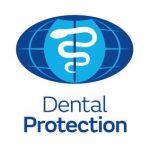Medical Protection Society (MPS) – of which Dental Protection is part – has today launched the MPS Foundation; a new, global, not-for-profit research initiative to help shape the future of patient safety through the funding of ambitious healthcare and dental research.
The Foundation will invest in research and analysis, with the key focus being on areas of patient safety and clinician wellbeing – both medical and dental.
The Foundation is part of MPS – the world’s leading protection organisation – which currently supports more than 300,000 doctors, dentists and healthcare professionals, and has almost 130 years of global healthcare experience and expertise.
The MPS Foundation is being launched across each of the countries and regions where MPS has a member base, including the UK, Ireland, South Africa, Australia, New Zealand, Hong Kong, Singapore, Malaysia and the Caribbean, and is open to applications from both members and non-members.
The research projects supported by the MPS Foundation will have to be academically robust and evidence-based. Available funding will range from £5,000 to £200,000, or equivalent in local currency, depending on the scale, focus and duration of the proposal.
Dr Graham Stokes, dentist and MPS Foundation Chair, said: “Patient safety is dear to the heart of all healthcare professionals. By establishing the MPS Foundation, Medical Protection Society will support research to help improve patient safety and care, enhance clinician wellbeing and reduce clinical risks.
“As the world’s leading protection organisation, our aim is simple: to create sustainable global change through ambitious research.
“The MPS Foundation will develop an international knowledge base that can be applied locally, leveraging our organisation’s global reach.
“I am proud to launch the MPS Foundation, which will help both members and other healthcare professionals navigate the challenges of modern practice and find research solutions.
“All projects must be academically robust and evidence based. While funding will be available up to £200,000, smaller grants from £5000 will also be available and I would strongly encourage healthcare professionals to consider applying for support whatever the scale of their proposal.”
MPS Foundation funding is focused in four main areas:
-
- The impact of human factors on patient safety, outcomes and risk
- The impact of processes and delivery models on patient safety, outcomes and risk
- The personal and professional wellbeing and development of clinicians
- The impact of digital integration and technology on patient safety, outcomes and risk.
Healthcare professionals can register their interest by visiting www.thempsfoundation.org and entering their details via the online grant portal.











